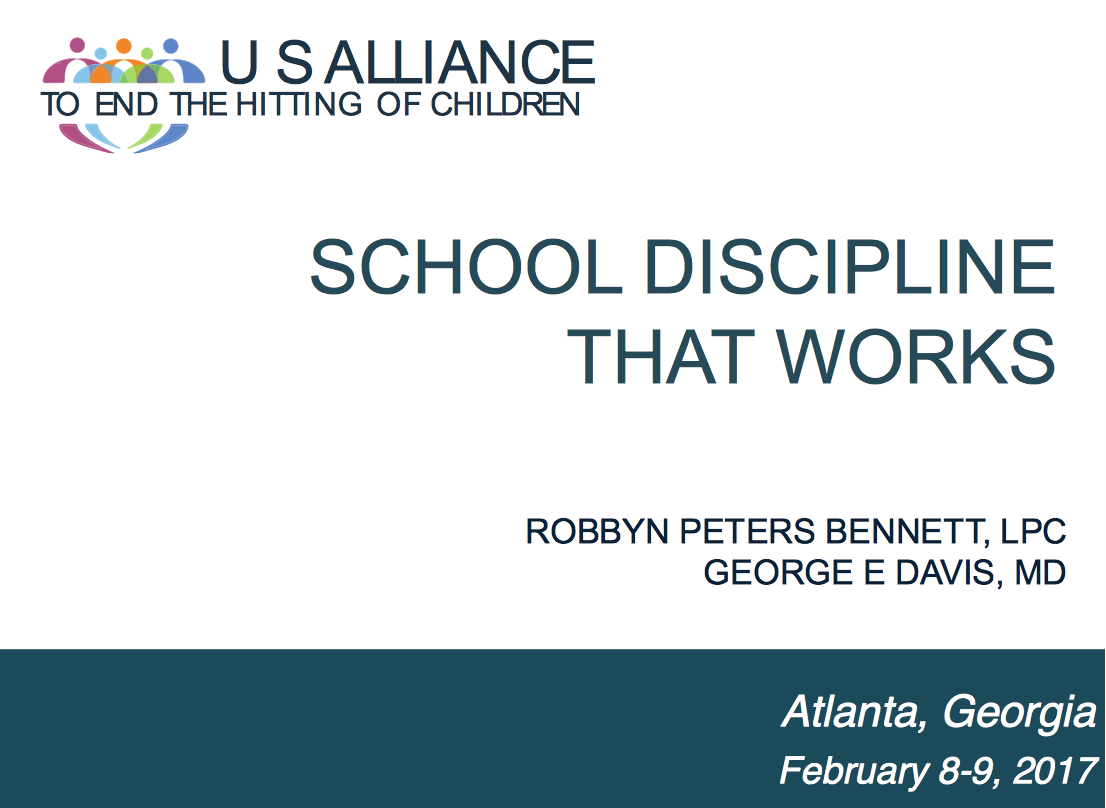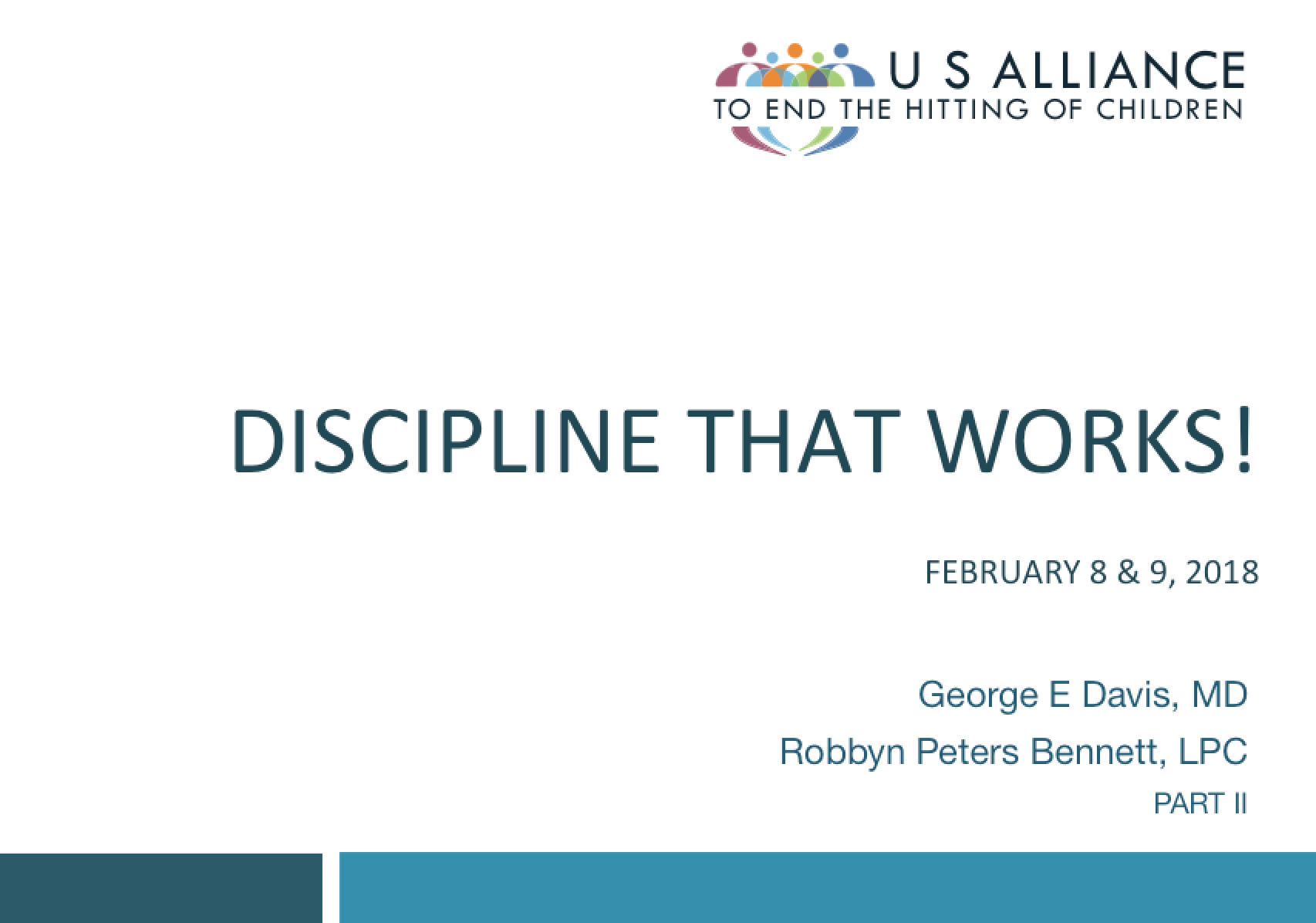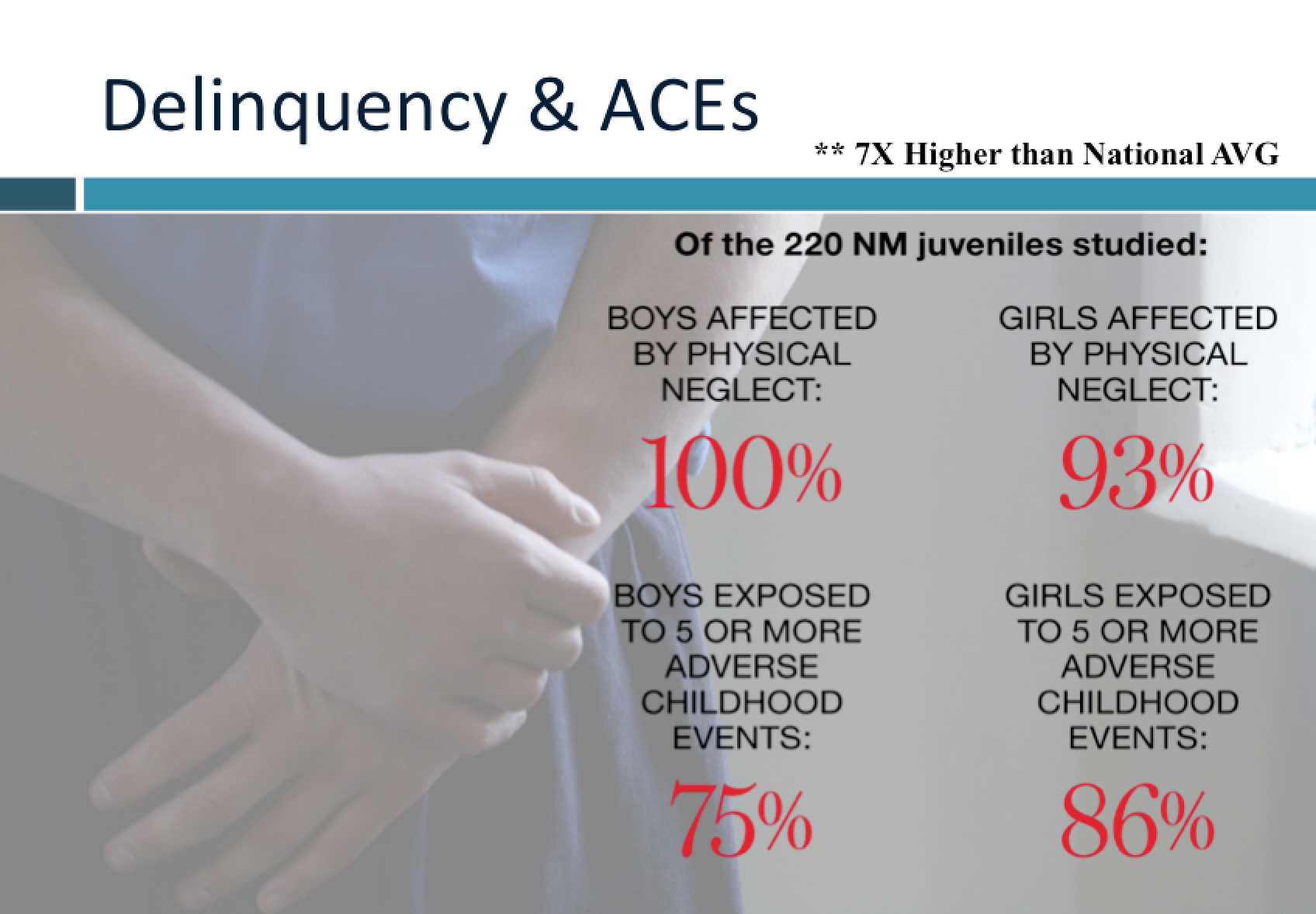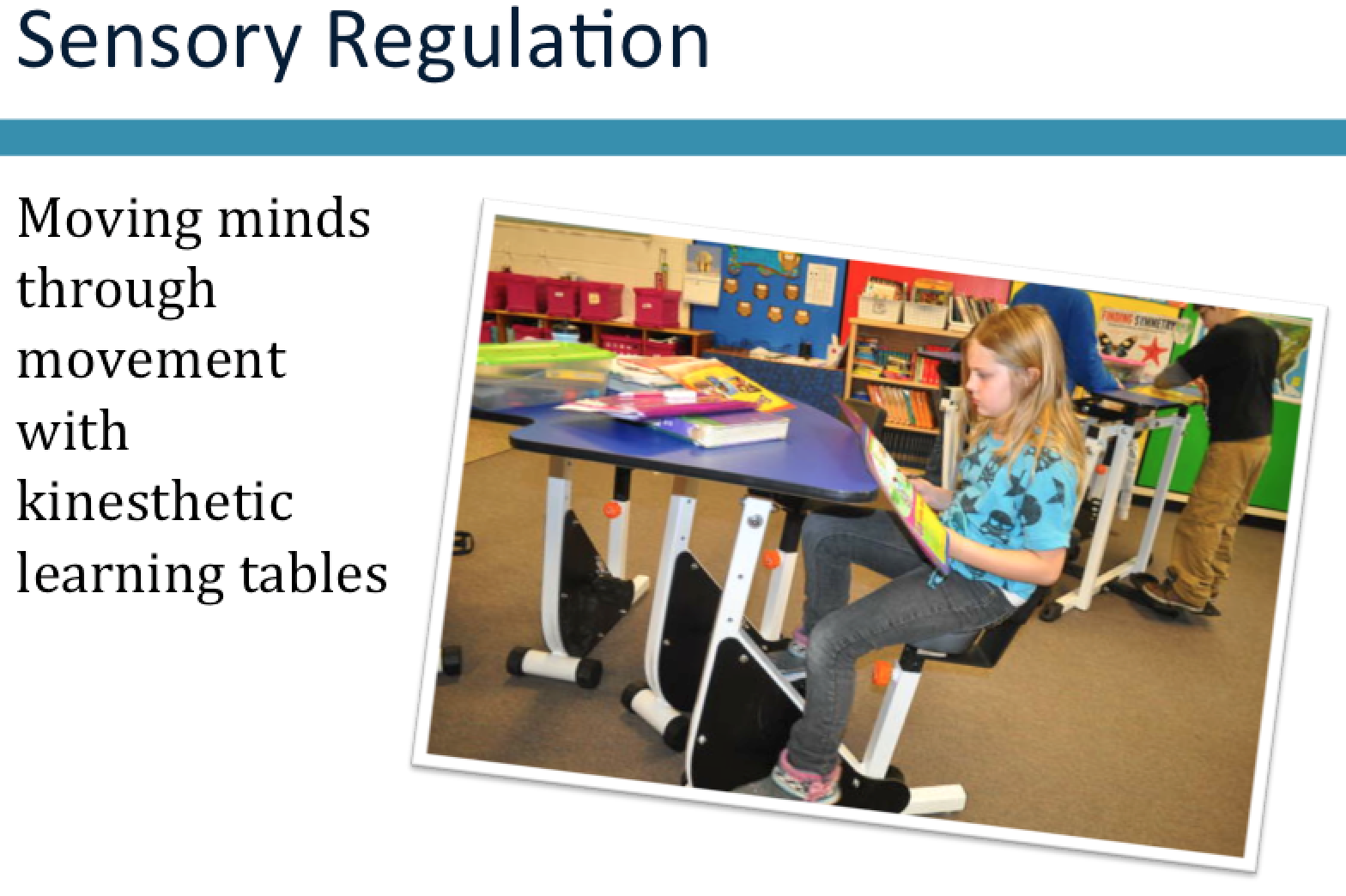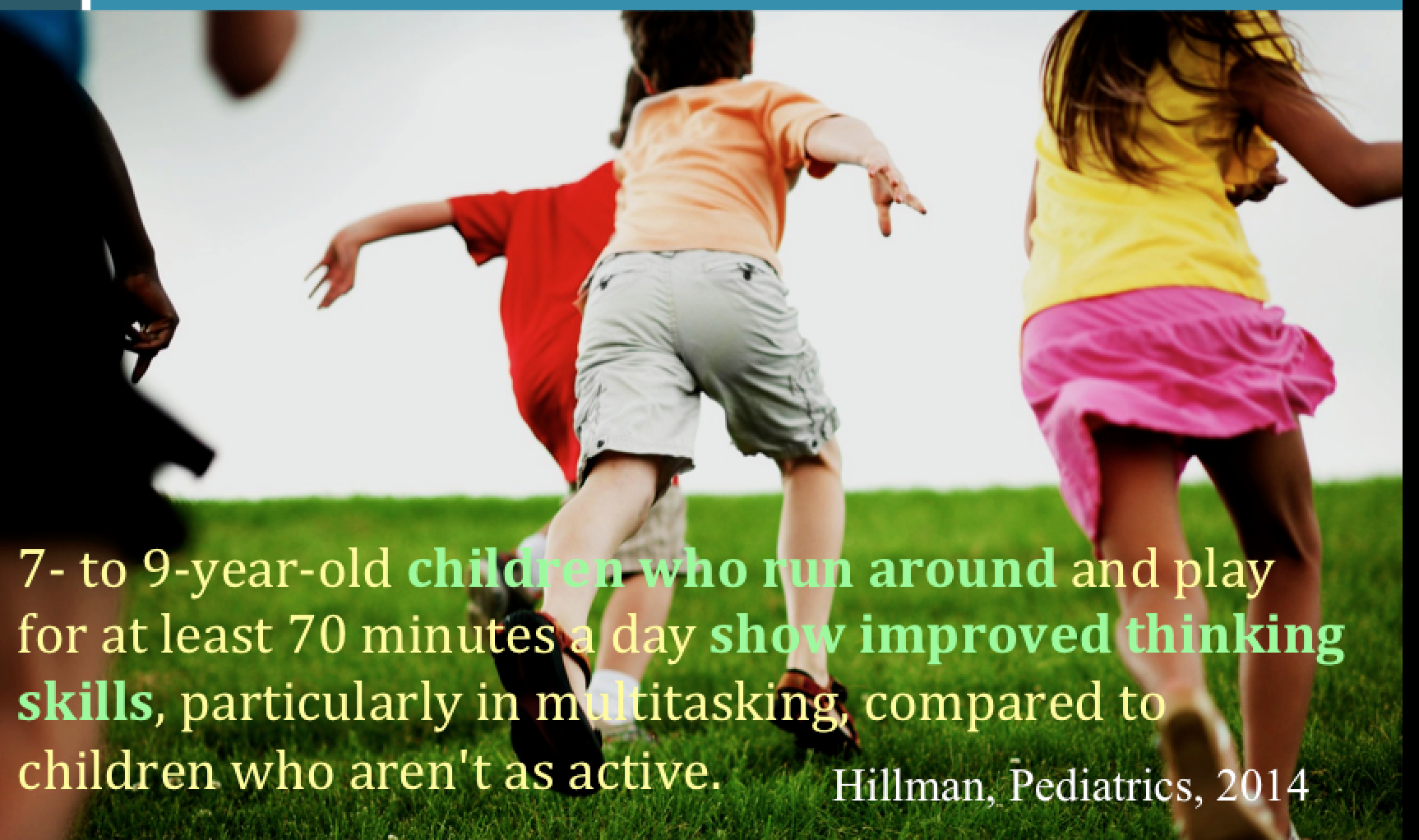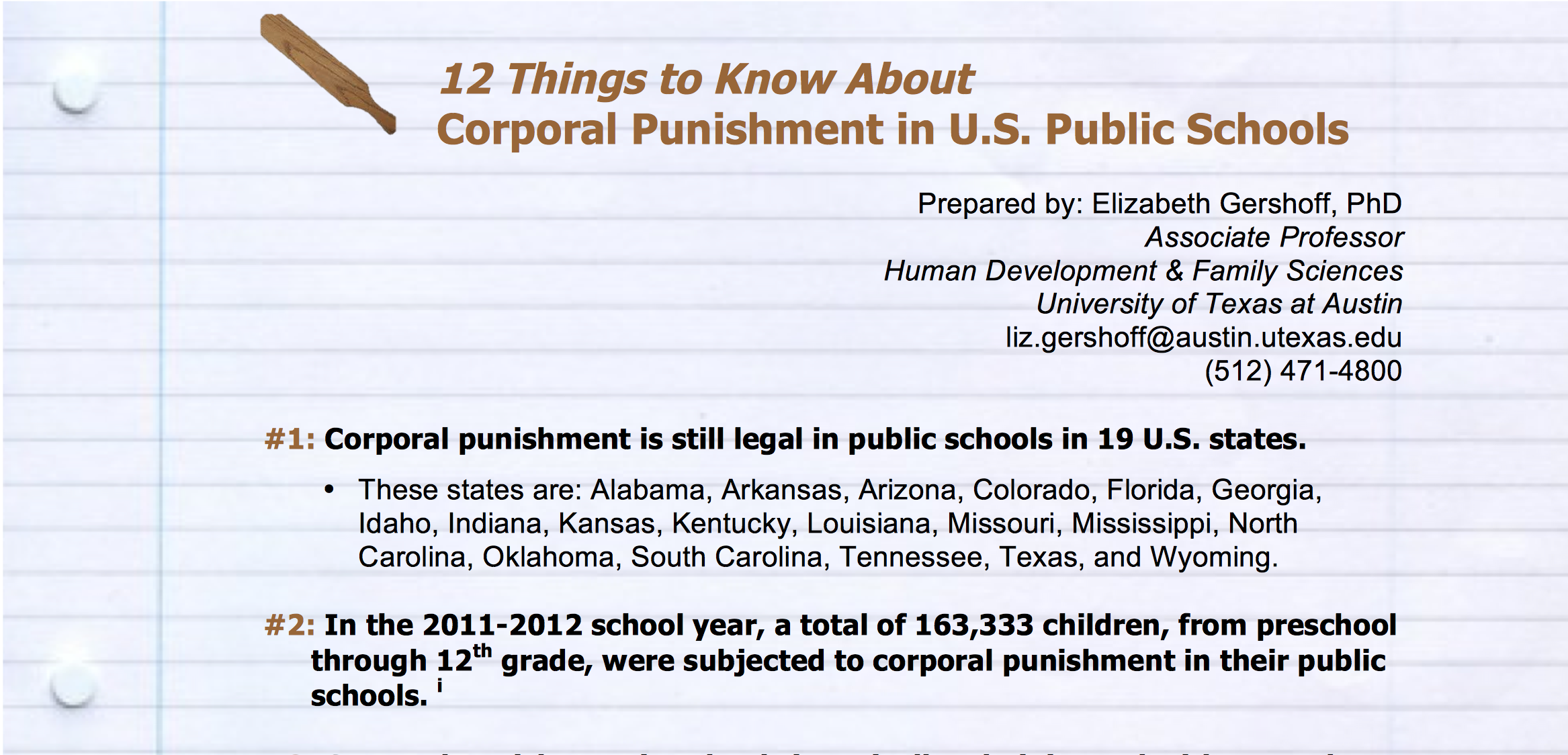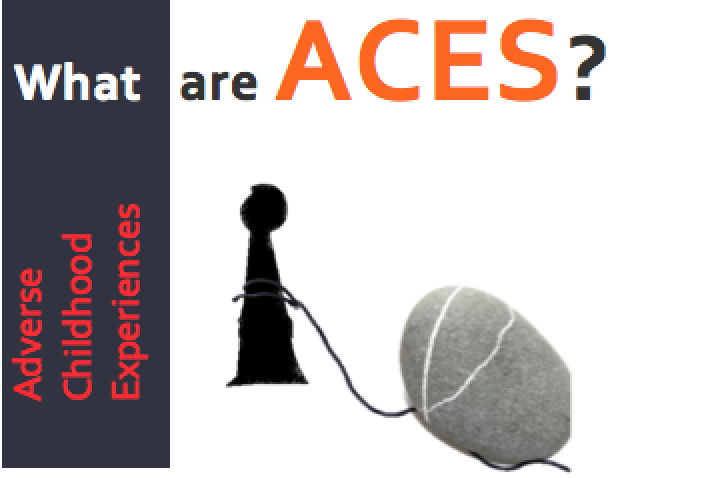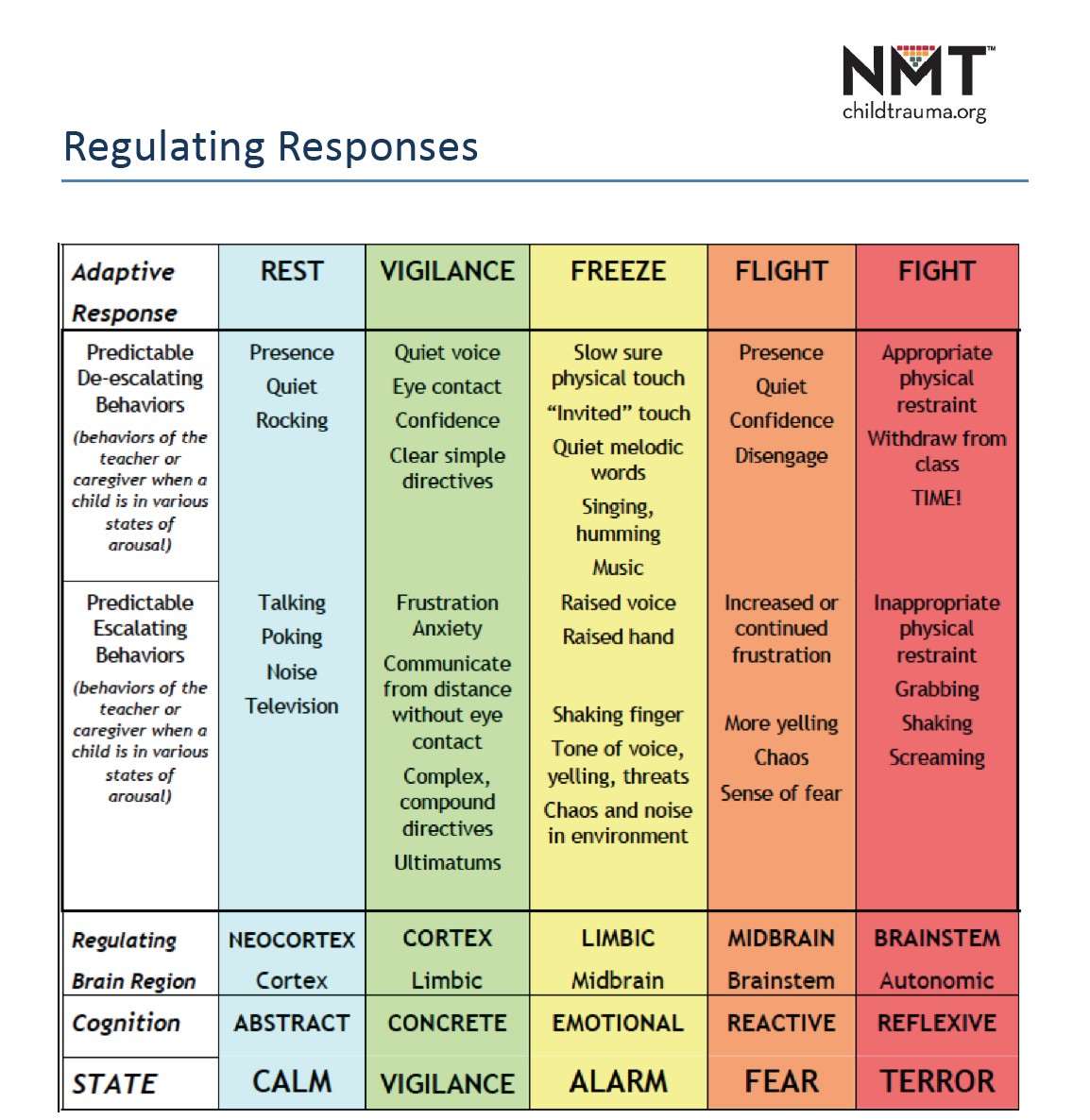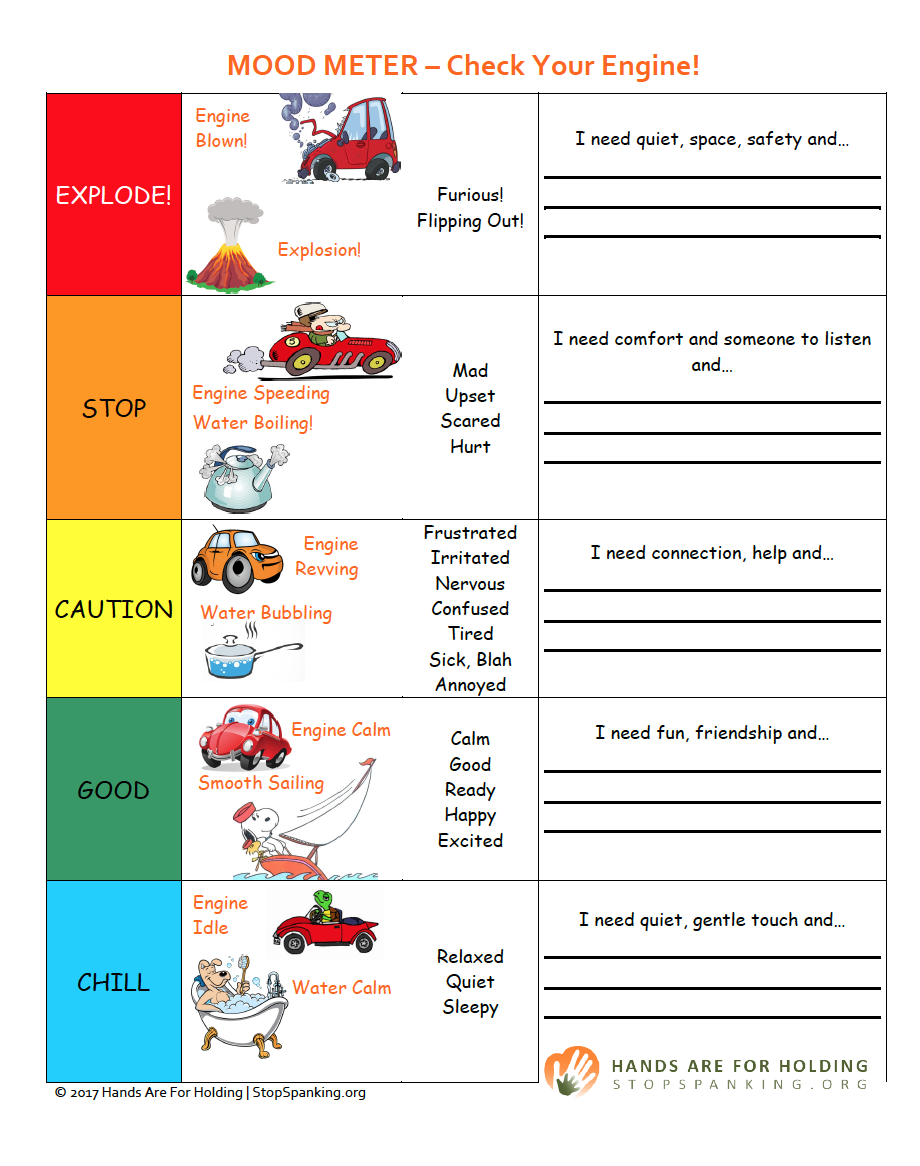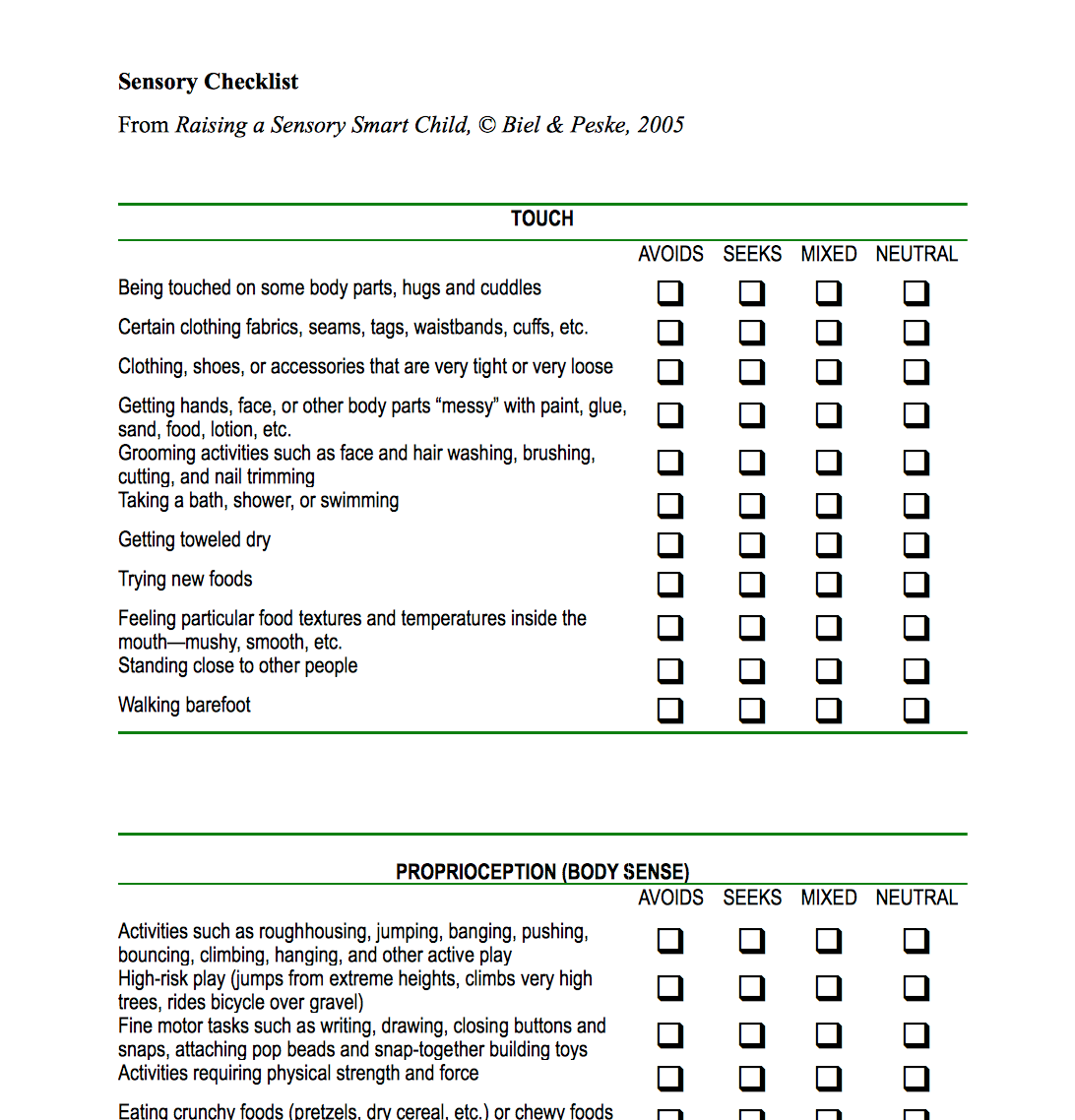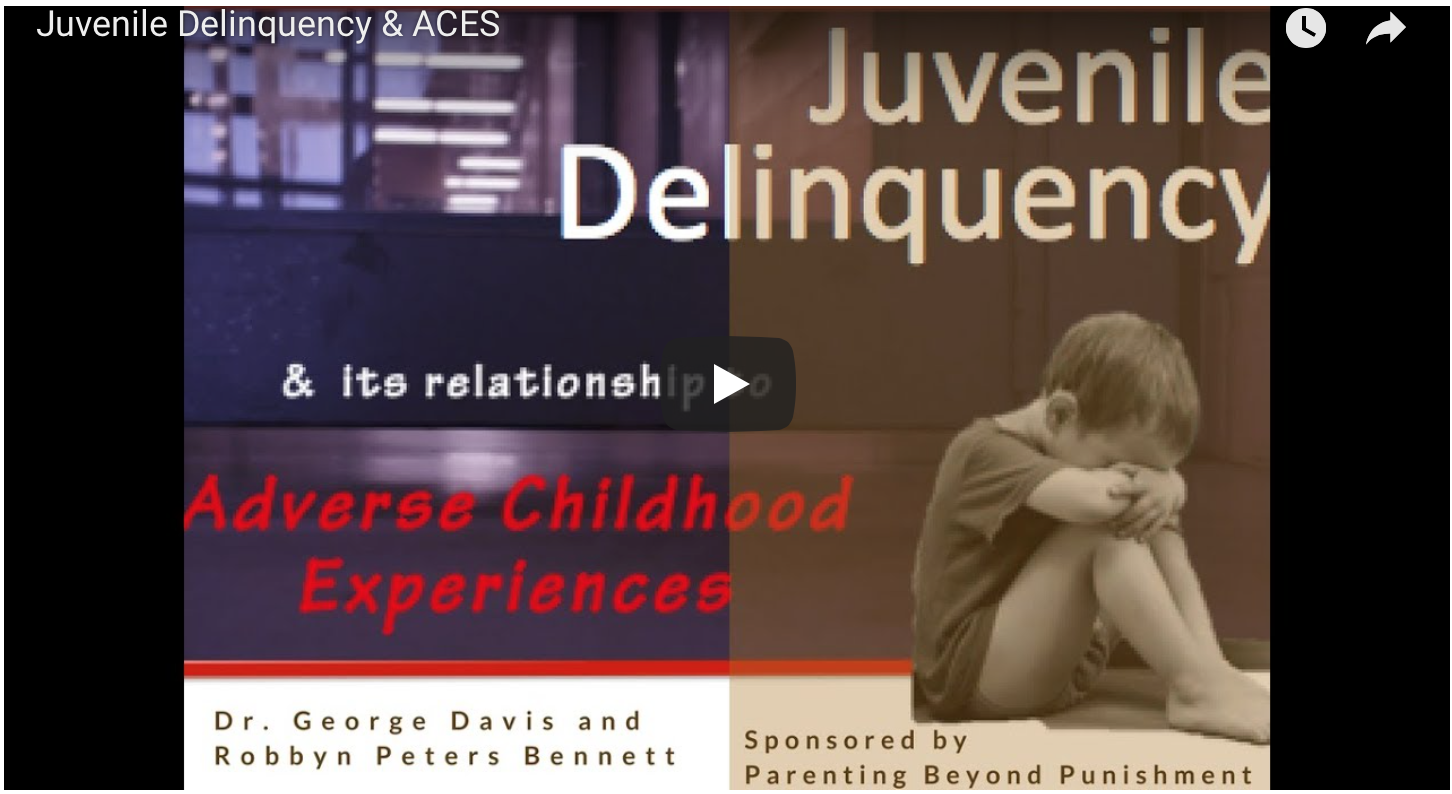School Discipline that Works
February 8-9, 2018
Atlanta, GA
School Discipline that WORKS!
Self-Regulation: A Brain Savvy Approach for Responding to Challenging Students Through the Art of Co-Regulation
Research Library on Lower Brain Sensory Regulation: http://childtrauma.org/cta-library/
4 in 10 infants lack strong parental attachment
http://www.sciencedaily.com/releases/2014/03/140327123540.htm
Making an effort to feel positive: insecure attachment in infancy predicts the neural underpinnings of emotion regulation in adulthood.
Discussion: http://stopspanking.org/how-hard-will-he-have-to-work/
Research: http://onlinelibrary.wiley.com/doi/10.1111/jcpp.12198/abstract
Health Behavior in School-Aged Children (HBSC) Survey, 2014: http://www.prevnet.ca/sites/prevnet.ca/files/HealthyRelationshipsPaper.pdf
Fostering Self-Regulation Through Curriculum Infusion of Mindful Yoga: A Pilot Study of Efficacy and Feasibility
https://link.springer.com/article/10.1007/s10826-015-0146-2
Background TV Dysregulates Kids!
https://now.uiowa.edu/2014/07/background-tv-can-be-bad-kids
Reducing Harsh Discipline Helps Children with ADHD
https://www.sciencedaily.com/releases/2017/11/171107113052.htm
Spanking Negatively effects Social Skills
http://news.psu.edu/story/483039/2017/09/28/research/physical-abuse-and-punishment-impact-children’s-academic
Research Library on Adverse Effects of Spanking Children
Webinar: How ACEs Drive Delinquency
Friday, October 13, 2017
In one of the most rigorous reviews of juvenile criminal justice records, the Adverse Childhood Experiences in the New Mexico Juvenile Justice Population study revealed that the frequency of early abuse, neglect and family chaos of incarcerated youth reaches staggering rates, skyrocketing above national averages.
- Why doesn’t every child who experiences early adversity turn to criminality?
- What did we learn from this research?
- What can be done to prevent delinquency?
 Robbyn Peters Bennett is a psychotherapist, educator, and child advocate who specializes in the treatment of mental health problems due to early abuse and neglect. She has worked extensively with families involved with child protective services, the foster care system and adoption support. Robbyn is Phase II certified in the Neurosequential Model of Therapeutics (NMT), a neurodevelopmentally informed assessment process useful in working with traumatized children. Robbyn lectures nationally on the topic of trauma and the effects of harsh punishment. In her TED Talk, she addresses the long-term effects of spanking and other forms of domestic violence on long-term health. She is the founder of StopSpanking.org.
Robbyn Peters Bennett is a psychotherapist, educator, and child advocate who specializes in the treatment of mental health problems due to early abuse and neglect. She has worked extensively with families involved with child protective services, the foster care system and adoption support. Robbyn is Phase II certified in the Neurosequential Model of Therapeutics (NMT), a neurodevelopmentally informed assessment process useful in working with traumatized children. Robbyn lectures nationally on the topic of trauma and the effects of harsh punishment. In her TED Talk, she addresses the long-term effects of spanking and other forms of domestic violence on long-term health. She is the founder of StopSpanking.org.
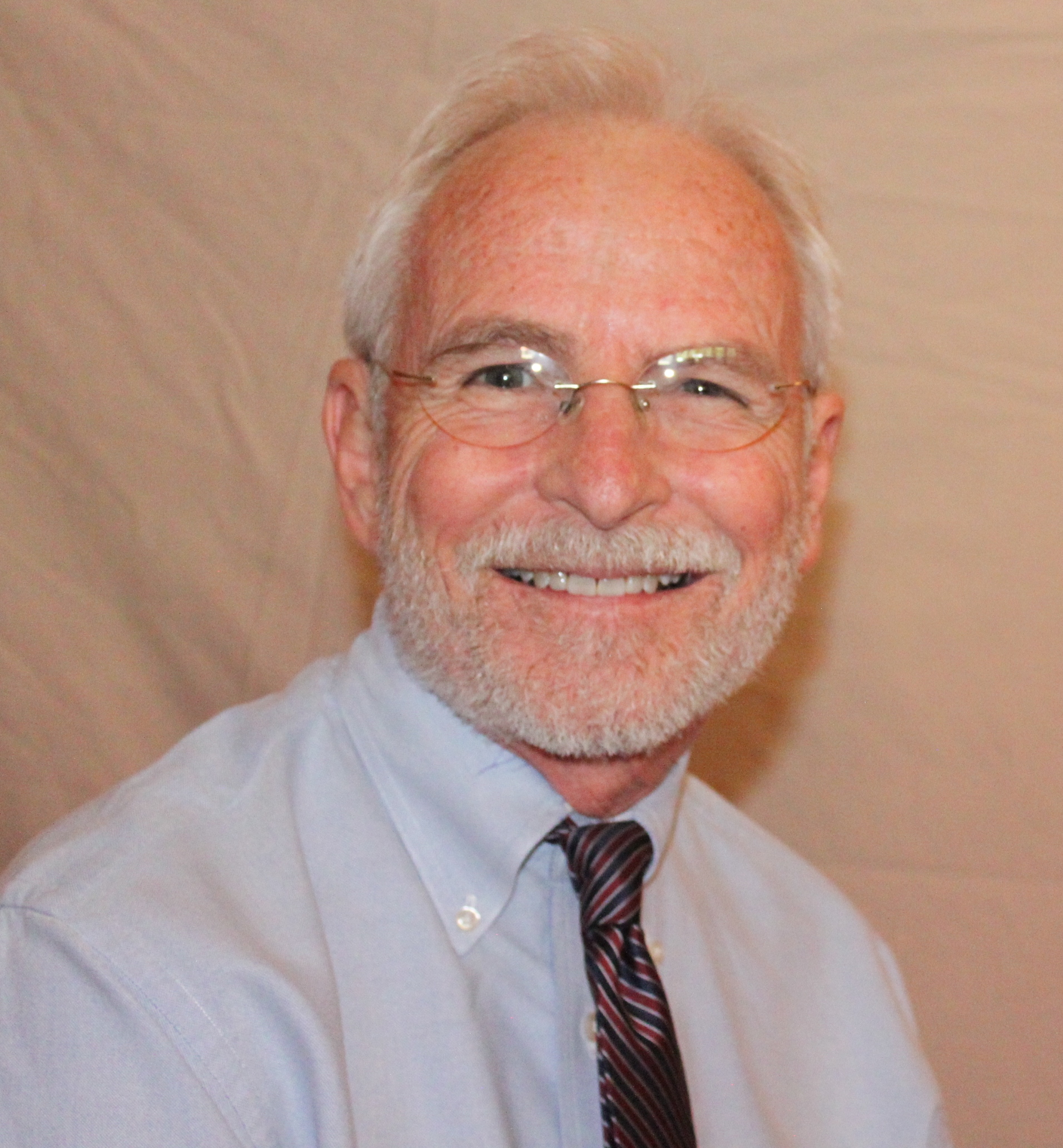 George Davis is a Child and Adolescent Psychiatrist currently in private practice in Albuquerque, New Mexico. He formerly served as Director of Psychiatry for the New Mexico Department of Children, Youth and Families, which encompassed all essential state services for the children of New Mexico including early childhood development, child protection, and juvenile justice. He is a fellow with ChildTrauma Academy. He lectures nationally on the topic of delinquency as an outcome of early neglect and abuse, extreme behavioral disorders in young children, psychopharmacology, and systems of care for severely disabled and underserved populations.
George Davis is a Child and Adolescent Psychiatrist currently in private practice in Albuquerque, New Mexico. He formerly served as Director of Psychiatry for the New Mexico Department of Children, Youth and Families, which encompassed all essential state services for the children of New Mexico including early childhood development, child protection, and juvenile justice. He is a fellow with ChildTrauma Academy. He lectures nationally on the topic of delinquency as an outcome of early neglect and abuse, extreme behavioral disorders in young children, psychopharmacology, and systems of care for severely disabled and underserved populations.


